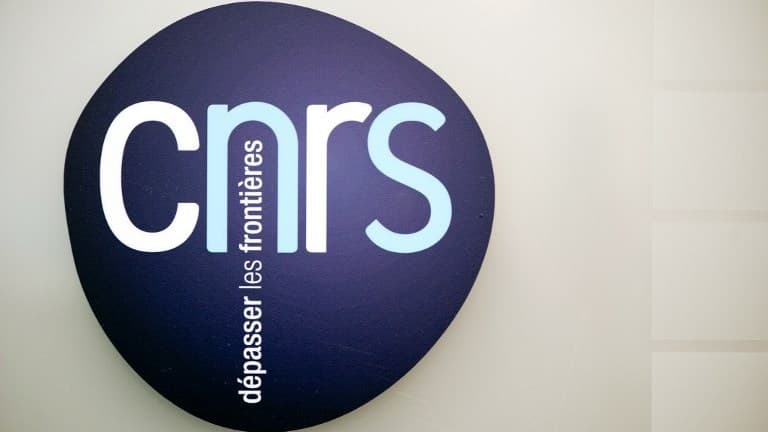
CNRS demands respect for ethics in scientists’ opinions
This development comes after the words of sociologist Laurent Mocelli, which sparked controversy.
CNRS decided to respond. The National Center for Scientific Research demanded, on Tuesday, in a press release, respect for the rules of ethics by speaking scientists, without special skills, on the topic of vaccination against Covid.
This statement comes on the heels of calls from sociologists and citizens asking the National Center for Scientific Research for a firm response to the words of sociologist Laurent Mocelli who asserted that vaccination against Covid-19 was the origin of “unprecedented deaths” in France.
“The researcher bears his responsibility as a scientist.”
The National Center for Scientific Research deplores “the general positions taken by some scientists, who are often more concerned with the glory of the ephemeral media than with scientific truth, on topics far from their professional areas of expertise, such as vaccination against Covid.”
It refers to the recommendation of its Ethics Committee, that “speaking in the public space, the researcher bears his scientific responsibility” and, therefore, it is up to him to determine which capacity he takes responsibility for. Word: As a specialist, as a representative of a research organization “or as a citizen, committed or even campaigner.”
Laurent Mucchielli, a sociologist and director of research at CNRS who specializes in delinquency, published a July 30 article in Mediapart’s “Blog” section, along with five other people, calling for the vaccination campaign to be suspended on the grounds that it was “potentially” responsible for nearly 1000 deaths as a result of adverse reactions.
The article was deleted by Mediapart because it violated, according to the press, its charter which excludes the “dissemination of false news”.
cry
in a AFP-Factuel, two specialists explain that we cannot mechanically attribute deaths that occurred soon after vaccination to the latter, as Laurent Mocheli did.
Eight sociologists then criticized, in a column in Le Monde, “at best an unacceptable misinterpretation and, at worst, falsification of data” by the researcher. Believing they were responsible for the “abuses” that taint their regime’s reputation, they demanded a firm response from the National Council for Scientific Research against it.
Citizen4Science recently asked the CNRS to condemn the latter’s “fatal disinformation,” according to the Journal du Dimanche.
The recommendation regarding the rights and duties of scientists working in the public domain, recently endorsed by its Ethics Committee, reminds the researcher of the need to “distinguish between what comes from knowledge validated by scientific methods and what is based on working hypotheses or is the subject of discussion.”

“Organizer. Social media geek. General communicator. Bacon scholar. Proud pop culture trailblazer.”
